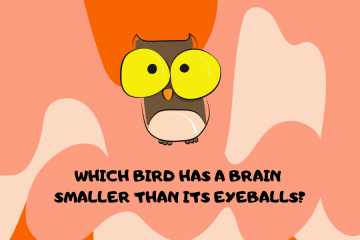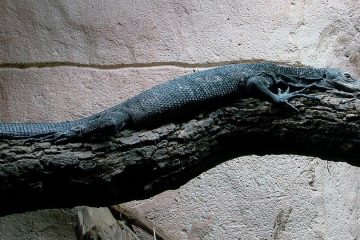The grizzly bear is one of several subspecies of brown bears. Their color ranges from light brown (almost blonde) to black. They have a sturdy, stocky build and a noticeable hump behind the head. The claws of a grizzly bear are long and curved and can not be retracted. They get their name from the silver color that the tips of their fur turn as they get older.
They will occasionally stand up on their hind legs. While this is often seen as a threatening gesture, it is used so the grizzly can get a better idea of its surroundings. They hibernate during the winter months and live off of the fat that they have stored up during the summer months. During hibernation, their heartbeat drops from between 40 to 70 beats per minute to only 10 to 12 beats per minute.
Food
Grizzly bears are technically omnivorous. They do eat meat and are capable of killing cattle and are excellent at fishing. However, most of their diet (60 – 90 percent based on location) is made up of grasses, tubers, roots, berries, and insects.

Habitat
Grizzly bears are found in river valleys, mountain forests, and open meadows all over the world. They range in North America, Western and Central Europe, some parts of Japan, and Russia and can be found as far north as the tundra region.
Predators
Adult grizzly bears are at the top of their food chain and have little to fear from other animals. Mountain lions, other bears, and wolves prey upon cubs. However, the primary threat to the grizzly bear is the loss of habitat.
Social Structure
Grizzly bears are primarily solitary. They will congregate as breeding pairs for awhile, a mother and her cubs for the first 2 to 3 years of their lives, and occasionally in sibling groups after they leave the mother. Grizzly bears have a home range that is anywhere from 50 to 500 miles depending on the gender of the bear. These ranges are not territories however since there is no attempt to chase the other bears out.
Birth & Offspring
Grizzly bear cubs are born near the end of the hibernation period and weigh about a pound. They gain weight quickly and will often weigh around 20 pounds when they leave the den. They are dependent on the mother’s milk for the first year and will stay with her until they are 3 years old.
Senses
Like most bears, grizzlies have poor eyesight. Their senses of hearing and smell are excellent.

Lydia King is a huge animal lover and has always been fascinated with learning about the animal kingdom. She enjoys writing about anything animal related from scientific information about rare species to animal references in pop culture.












